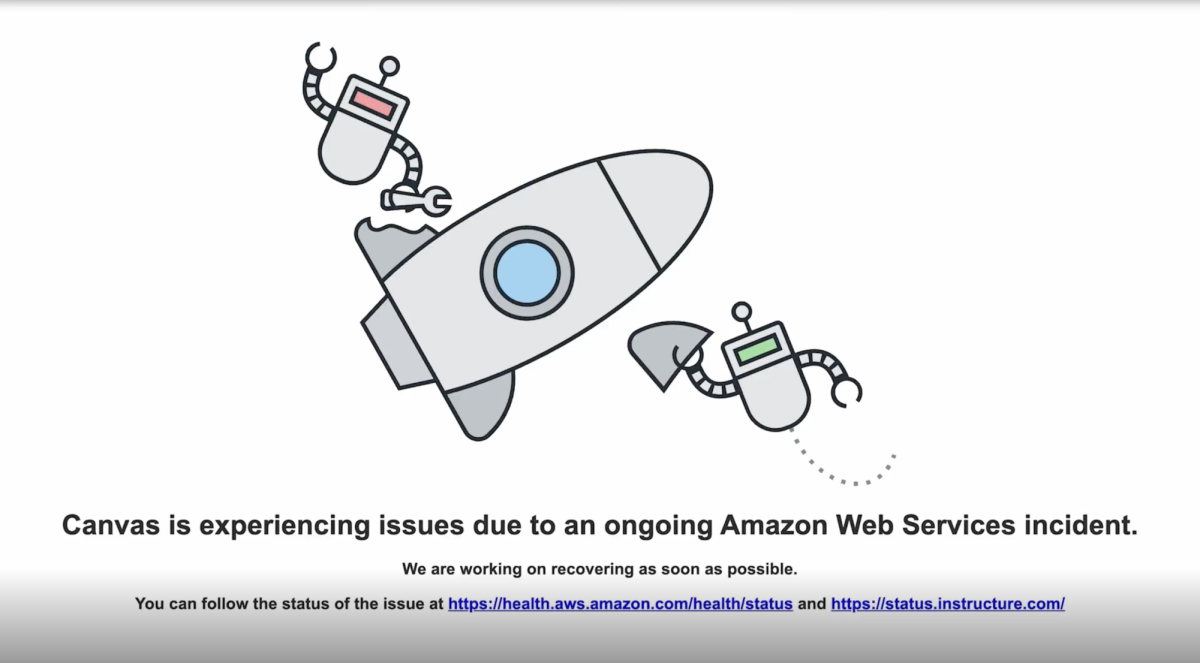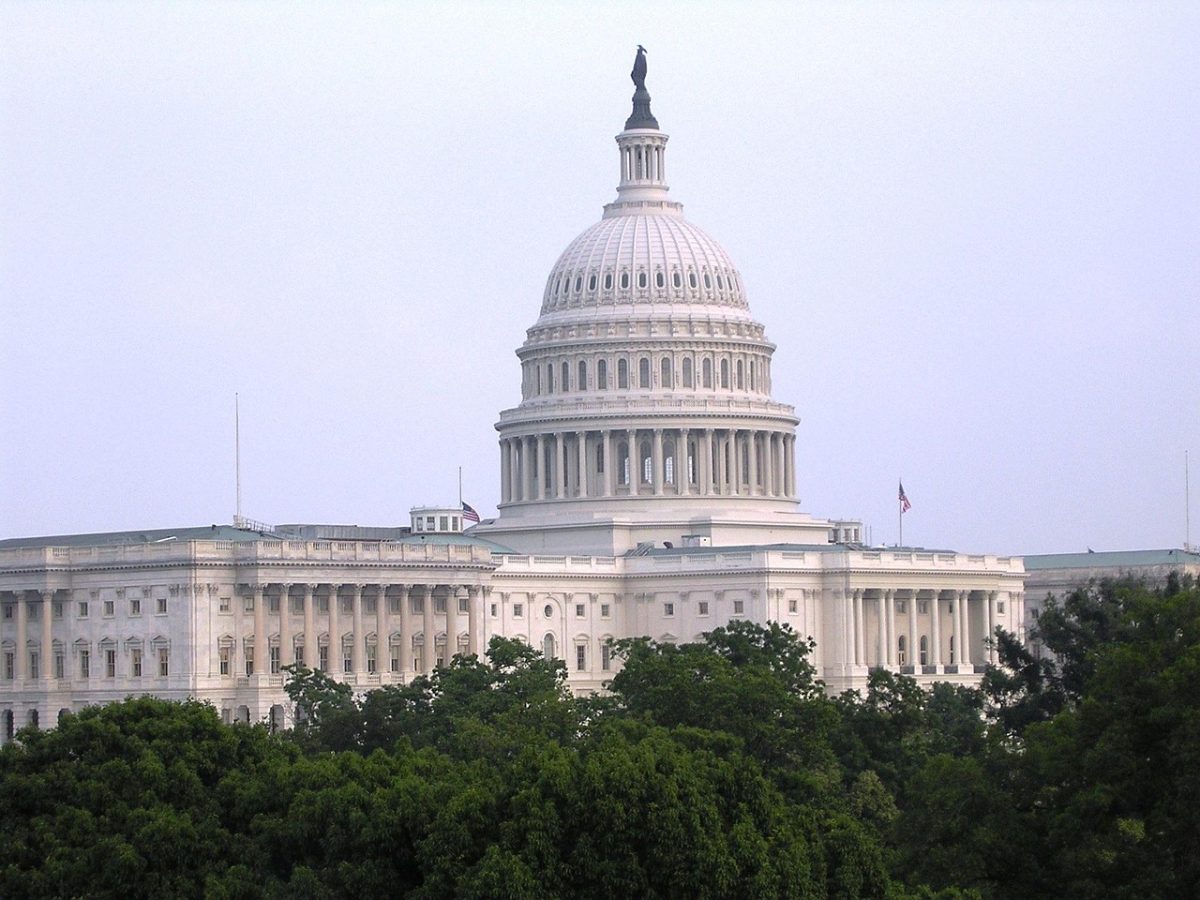Credit: Ian Hutchinson on Unsplash
The Supreme Court started hearing arguments last week about a lawsuit that could decide the fate of medicated abortions.
In 2022, the Supreme Court ruled to overturn Roe v. Wade. That same year, a coalition of pro-life medical associations sued the FDA. They argued that mifepristone, the most commonly-used abortion pill in the U.S., was unsafe and that the FDA had no authority to make these changes.
Taken with misoprostol, mifepristone is a pill that can end pregnancies up to 10 weeks gestation. Mifepristone became an FDA-approved abortion pill in 2000. The FDA approved a generic version in 2019. Starting in 2016, the FDA made a series of changes that made mifepristone more accessible. This included a change in 2021 to make the pills available by mail.
The Supreme Court is ruling on whether or not the doctors can sue in the first place, and whether or not the FDA violated the constitution by approving mifepristone and making it more accessible.
As of 2023, 63% of abortions in the United States were medicated abortions.
Doctors also prescribe mifepristone and misoprostol to patients who miscarry. Without the medication, patients could wait up to 8 weeks for the tissue to pass on its own.
Marcus Perkins and Kenbrya Rogers are presidents of the University of Southern Mississipi’s chapter of Generation Action. Their organization works to provide sex education and sexual health resources to students at USM.
They spoke to SM2 about the case and its potential impact on their work.
“If they were to ban this medication…then that’s one less resource that we have for individuals who need it,” Rogers said.
Critics of mifepristone say the drug is unsafe, but the FDA found that adverse reactions were rare. Between 2000 and the end of 2022, there have been 32 reported deaths associated with the drug. The FDA reported that these deaths could not be fully attributed to mifepristone due to other external factors. This includes patients using other drugs at the same time, gaps in patients’ medical history, and more.
Mississippi has banned all abortions except in cases of rape or where the mother’s life was at risk.
Sociologist and co-principal investigator at the Ohio Policy Evaluation Network Dr. Danielle Bessett said the case could have consequences beyond reproductive care.
“As a sociologist, the most important thing that I want people to take away now is a clarity around the evidence about mifepristone, which is that it is very safe, very efficacious, and consistent with the standard of care that is recommended by the major medical organizations, ” she said.
She continued, “It’s about abortion access, but it’s also about how we are going to treat the institutions that exist to protect us.”
Drugmakers have been watching the case closely. They fear the ruling could weaken the FDA’s authority and the pharmaceutical industry as a whole.
Unlike the Supreme Court’s 2022 ruling, which gave individual states the authority to ban or protect abortions, a ban on mifepristone would be nationwide.





















